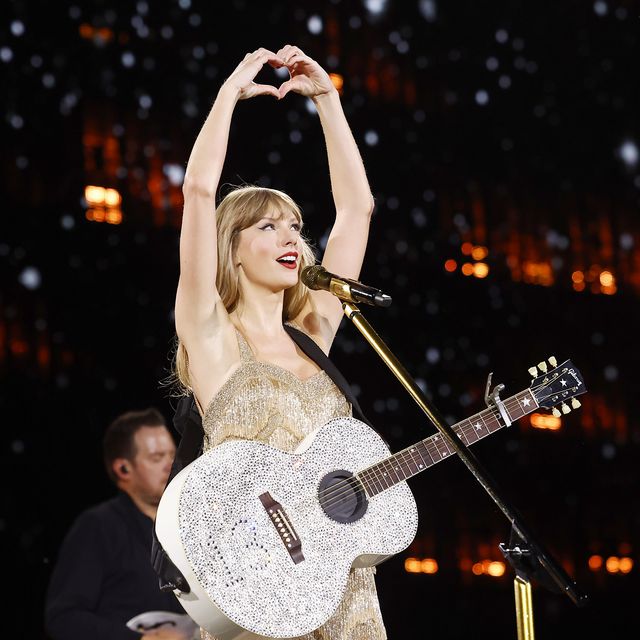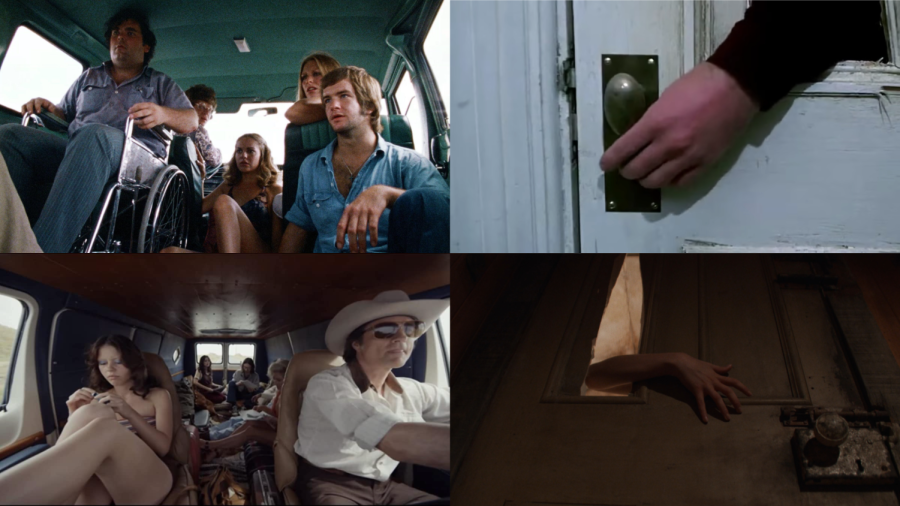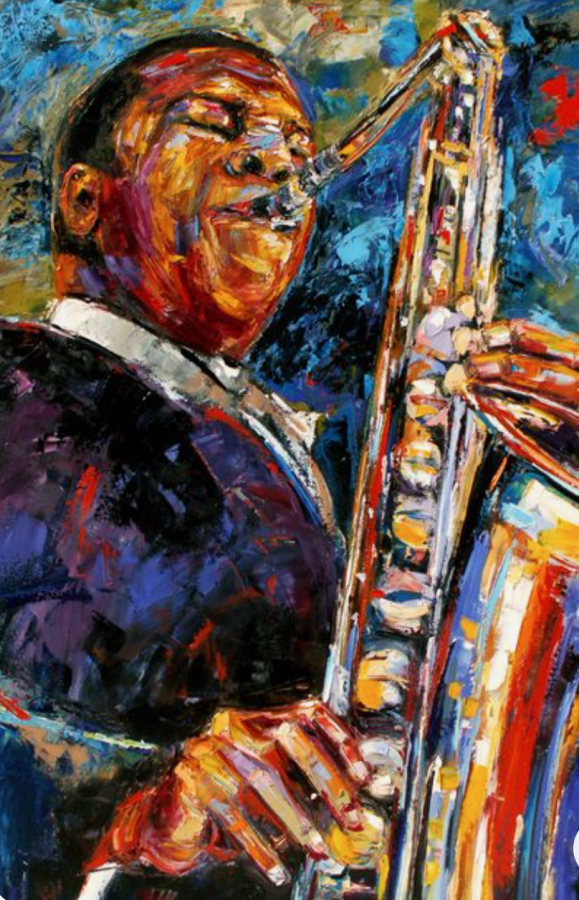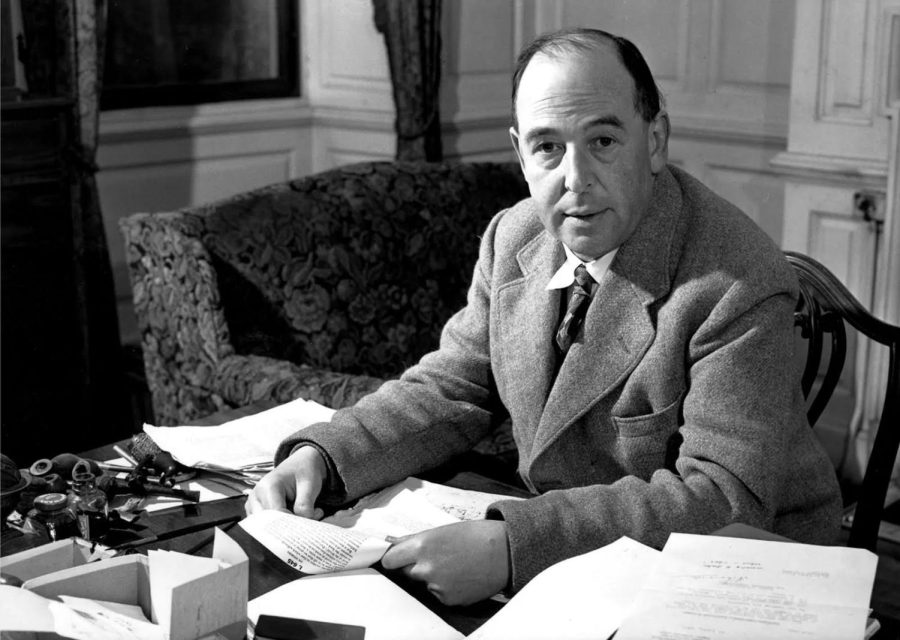
Nice White Parents is the perfect title for this fascinating investigation into America’s public education system. Told over five hour-long episodes (but I swear, the series truly felt much shorter), reporters from Serial, a New York Times Company, delve deep into the history of the School for International Studies (SIS), a public middle and high school in New York City.
Until 2015, SIS had a majority population of Black, Latino, and Middle Eastern students. But what happened when a seemingly innocuous group of wealthy, white parents suddenly wanted to send their children there? Following families, teachers, and administrators for the following years, the podcast explores the resulting tensions between the PTA and the new board, the new students and old students, language, culture clashing, money, and arguably most pertinent—race.
And while racism has been built into the foundations of our school system since the inception of public education, the murder of George Floyd in May 2020 has since sparked a reckoning for many, as more people both white and BIPOC, are turning a critical lens towards the issue of race in America. I am a student at a private school, but I have previously attended public schools, charter schools, and magnet schools—the issue of education has always been one close to home for me, as well.
The beauty of Nice White Parents is that the narrative forces the listeners to question the binaries of “Racism = Bad, Integration = Good.” As the podcast progresses, we learn more about the history of the school, and the complicated (and dark) history of desegregation in New York City.
As a society (and especially as Midwesterners), we tend to villainize the South for discriminatory education practices. And we tend to think that Brown v. Board of Education, the landmark 1954 Supreme Court decision that declared racial segregation in public schools unconstitutional, ended the educational disparity. “Integration = Good.”
We don’t talk about the fact that when Ruby Bridges, the first Black student to desegregate her local white elementary, she only had one teacher in her first year. All the others quit because they didn’t want to teach a Black first-grader, and white parents quickly pulled their children out because they didn’t want their children associating with a Black child.
I also learned that the biggest civil rights protest in the 1960’s was not actually the famous March on Washington—it was the Freedom Day boycott in 1964, when one day, 45% of all New York City public school students boycotted attending school to protest segregation (which was technically illegal under Brown v. Board but continued through other discriminatory practices). The demonstrations were remarkably peaceful, but undercovered by major news networks.
School choice is a privilege that white parents predominantly enjoy, and in the past, private schools were often founded specifically to cater to these families who did not want integrated education for their children. Now, in contrast, many parents believe that intentionally exposing their children to cultural, racial, and socioeconomic differences is actually a benefit to their education.
Interestingly, I learned that the “bliss point” at which white parents feel comfortable sending their children to a school is when the students are 26% white. As an Asian-American who has primarily attended predominantly white institutions where I am a minority, listening to this podcast made me wonder if my cultural “contribution” to my school truly makes for a more diverse, inclusive environment.
Nice White Parents made me question my relationships with the schools I have attended in the past, and consider my privilege at the private school I attend now. If anything, this podcast examines the phenomena of the public education system’s influence on American society with the nuance and sensitivity it deserves.






